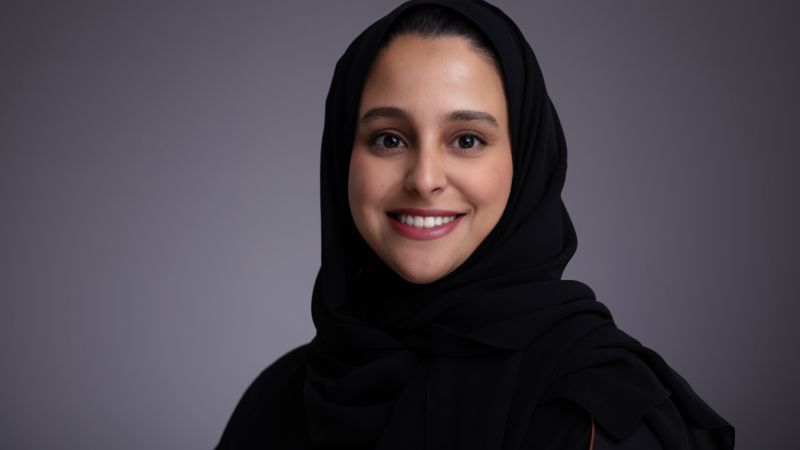In a first-of-its-kind seminar at Georgetown University in Qatar (GU-Q), Dr. Maryam Mohamed Alsada, Postdoctoral Fellow and alumna, is leading a critical effort to reframe how Gulf women’s lives are documented, remembered, and taught.
The summer course, titled Documenting Gulf Women, invites students to explore the politics of historical knowledge through creative and culturally grounded research methods. Designed around site-based learning and oral history, the course provides students with tools to engage Gulf women’s lived experiences beyond traditional academic boundaries.
Rooted in Dr. Alsada’s doctoral work at University College London, her research explored women’s agency in Bahrain and Qatar during the pearl diving and early oil eras. Her dissertation, “The Lives of Girls and Women in Bahrain and Qatar,” forms the backbone of a course that emphasises feminist methodologies, archival inquiry, and storytelling as forms of historical care.
“Gulf women have always had voices,” said Dr. Alsada. “Our task as scholars is to interrogate the structures that have filtered, silenced, or misrepresented them—and to find methodologies that center their ways of knowing.”
The seminar uses literature, visual art, historical scholarship, and film, combined with field visits and guest lectures, to give students immersive access to the past. It culminates in a student showcase of original documentation projects that draw on both oral and written sources, examining how memory, identity, and voice intersect in local histories.
For rising senior Ftaim Alqahtani, who took the course as part of her history minor, the experience was deeply personal. “I fell in love with history through taking classes at GU-Q,” she said. “But I had felt excluded from theoretical discussions about womanhood. Taking this course from someone who understands the unique experiences of women in the region far exceeded my expectations.”
Ftaim’s final project focused on her grandmother, Asma al-Neama, and her contributions to Qatar’s educational system. “I learned that academic work can begin with love and still be rigorous,” she reflected. “The course taught me how historical recovery can be a form of care, particularly when conducted using oral histories and feminist methods that prioritise lived experience.”
Projects from other students included mini-podcasts, curated photo exhibits, and documentary narratives, each exploring questions of visibility, authorship, and historical preservation in the Gulf.
As both an anthropologist and educator, Dr. Alsada represents Georgetown’s mission of academic excellence paired with social responsibility. Her commitment to student-centered, place-based pedagogy empowers students to become not only researchers but active keepers of their own histories.
“I want my students to feel rooted in their histories—not just as observers, but as participants in shaping how those histories are told,” Dr. Alsada said.
By merging rigorous scholarship with cultural and emotional insight, the course stands as a model for how universities in the region can engage more meaningfully with local narratives—challenging erasure and elevating unheard voices in the process.

